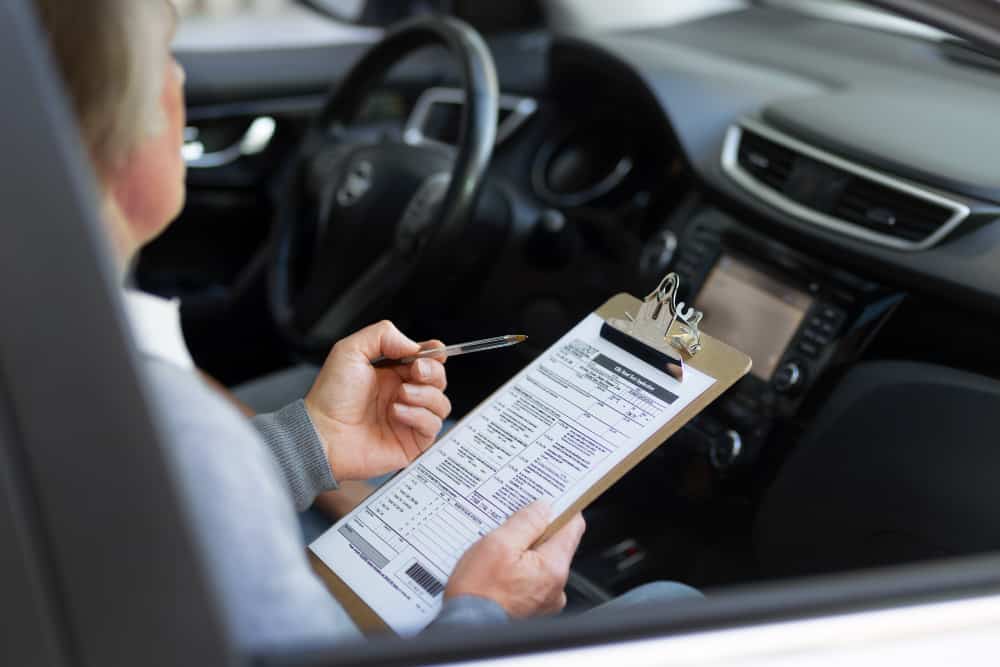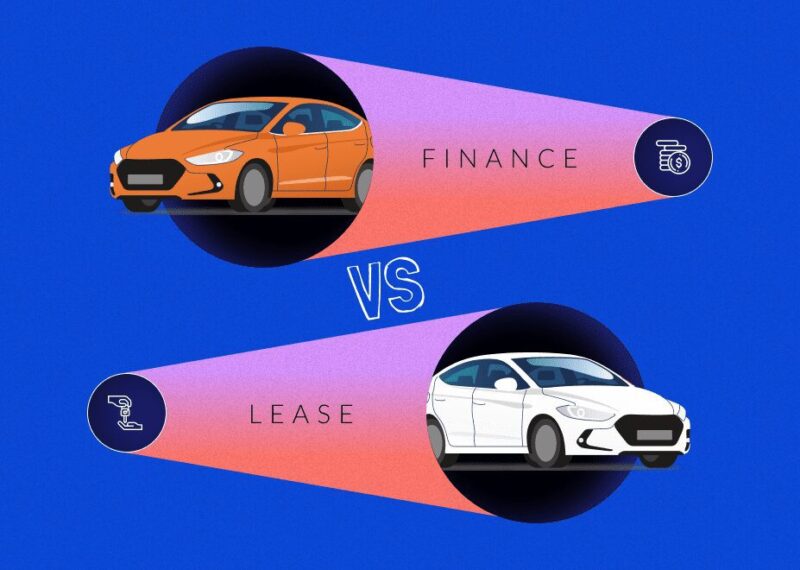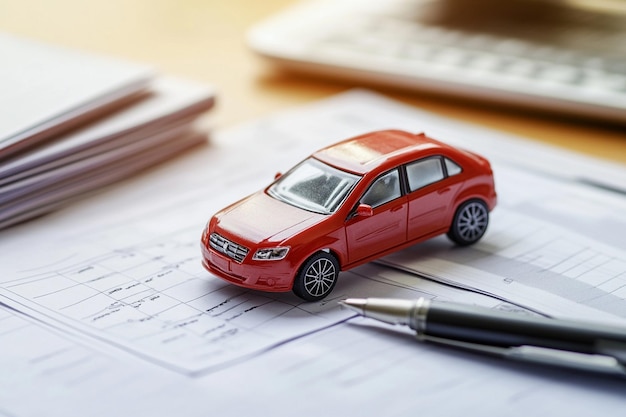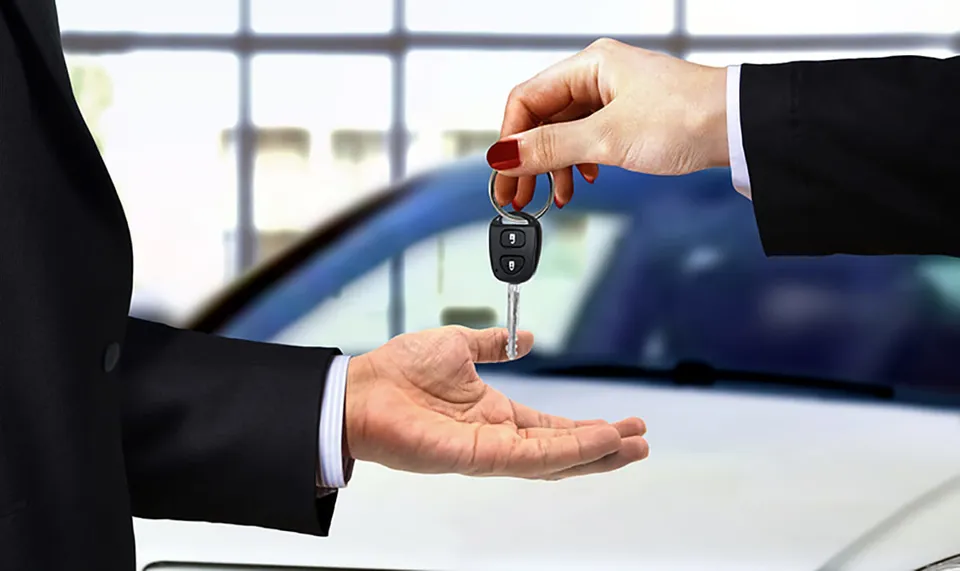Purchasing a vehicle for your business can be an overwhelming process. There’s a lot to think about, from legal compliance to tax perks, and even which car will best fit your needs. This guide breaks it down into manageable pieces, so you can make an informed decision with confidence.
Key Points
- Learn the steps to register a business vehicle.
- Understand how taxes apply to business vehicles.
- Evaluate the benefits of leasing versus financing.
- Conduct thorough checks to avoid purchasing a problematic car.
Why a Vehicle Check is Non-Negotiable

When purchasing a used car, a vehicle check is crucial to determine its complete history. For example, if a car has finance recorded against it, the owner is the finance company and not necessarily the person selling the car. As such, this history check is pivotal to making the right car-buying decision. To avoid such pitfalls, rely on this website for a comprehensive check.
Their service includes verifying if a vehicle has outstanding finance, been declared a total loss, or has any salvage or export records. Ensuring you have accurate information about the car’s past can save you from legal complications and financial losses.
Pro Tip: Always cross-check the VIN and ensure it matches the logbook details provided by the seller.
Registration and Compliance: Know Your Responsibilities
Every business vehicle must be registered under the business or its owner, depending on the intended use. Proper registration ensures you avoid penalties and operate within the law.
Practical Example:
Imagine you buy a second-hand van for your delivery service, only to learn later that it was declared a total loss after an accident. A quick history check beforehand could save you from such costly surprises.
Pro Tip: Always cross-reference the Vehicle Identification Number (VIN) with the logbook to ensure they match.
Financing or Leasing? What’s the Smarter Move?

Choosing between financing and leasing depends on your business’s current financial health and long-term goals.
Financing
When you finance a vehicle, you pay for ownership over time. The vehicle becomes an asset on your balance sheet.
Key Benefits:
- No restrictions on mileage or modifications.
- Resale value belongs to the business.
- Ideal for long-term use.
Practical Example:
A local bakery finances a van for deliveries. After paying it off, they still use the van for years, lowering long-term costs.
Considerations:
- Higher initial cost compared to leasing.
- Depreciation impacts resale value.
Leasing
Leasing allows you to use a vehicle for a fixed period while paying lower monthly costs.
Advantages:
- Easier on cash flow with lower upfront payments.
- No worries about resale value.
- Option to upgrade vehicles every few years.
Pro Tip: Lease vehicles for roles requiring frequent upgrades, like sales teams that need to present a professional image.
Recommendation:
If your business prioritizes flexibility or lacks the upfront capital to buy, leasing could be the better choice.
Tax Considerations for Business Vehicles

Purchasing a business vehicle offers several tax-saving opportunities. However, understanding what you qualify for is essential to avoid unnecessary audits.
VAT Reclaim
If your business is VAT-registered, you might be able to reclaim VAT paid on the purchase. Note that restrictions apply to passenger cars.
Capital Allowances
Capital allowances allow you to deduct the vehicle’s cost from taxable profits. Environmentally friendly vehicles often qualify for enhanced allowances.
Practical Example:
A tech startup purchases an electric vehicle for client meetings. They claim 100% first-year allowances, reducing their taxable income significantly.
Recommendations:
- Maintain detailed mileage logs.
- Consult a tax advisor to maximize benefits.
- Track expenses for fuel, maintenance, and insurance separately.
Pro Tip: Choose low-emission vehicles to maximize capital allowances and reduce fuel costs.
Avoid Common Pitfalls
Mistakes during the buying process can lead to unnecessary expenses or even legal troubles. Avoiding common errors will save you time and money.
Common Mistakes
- Skipping Background Checks: Failing to check a vehicle’s history can lead to purchasing a car with unresolved issues.
- Neglecting Insurance Requirements: Ensure adequate insurance coverage, including for business use.
- Overlooking Maintenance Costs: Factor in ongoing expenses like repairs and servicing.
Pro Tips to Avoid Trouble
- Always test drive before committing.
- Compare quotes from multiple insurers to get the best deal.
- Consider resale value when choosing the model.
Maintenance and Future Planning

Owning a business vehicle is a long-term commitment. Proper maintenance ensures that your investment pays off.
Recommendations for Maintenance
- Schedule routine servicing to avoid unexpected breakdowns.
- Use fleet management tools to track fuel consumption and maintenance schedules.
- Train employees on safe driving practices to minimize wear and tear.
Practical Example:
A landscaping company installs GPS trackers in their trucks. It helps optimize routes, reducing fuel consumption and improving vehicle lifespan.
Pro Tip: Keep a reserve budget for major repairs to avoid disruptions.
Choosing the Right Vehicle for Your Business Needs
Picking the right vehicle isn’t just about size or brand; it’s about aligning with your business goals. A mismatch can lead to higher costs and inefficiency.
Factors to Consider:
- Purpose of the Vehicle
Determine its primary function. A delivery van suits logistics businesses, while a compact car might work for sales representatives visiting clients. - Fuel Efficiency
Fuel-efficient vehicles reduce long-term expenses. Electric or hybrid models may offer additional tax benefits and lower running costs. - Capacity Requirements
Consider both passenger and cargo capacity. A larger vehicle may suit your needs today, but ensure it remains practical for future growth. - Brand Reliability
Opt for brands with a strong reputation for durability and affordable maintenance.
Practical Example:
A catering company opts for a refrigerated van instead of a standard cargo vehicle, ensuring their products stay fresh during deliveries.
By carefully assessing your business’s requirements, you’ll make a smarter choice that supports both efficiency and cost-effectiveness.
Frequently Asked Questions (FAQs)
1. Can I reclaim VAT on all types of vehicles?
Not all vehicles qualify. Passenger cars often face restrictions unless used exclusively for business.
2. Are electric vehicles better for businesses?
They often offer tax benefits and lower fuel costs, but upfront costs may be higher. Evaluate based on usage.
3. What should I look for when checking a vehicle’s history?
Focus on insurance write-offs, salvage records, outstanding finance, and accurate mileage logs.
Conclusion
Buying a vehicle for your business can be challenging, but with the right approach, it’s manageable. Start by understanding your registration requirements, tax implications, and financing options. Avoid common mistakes by conducting thorough checks and planning for maintenance.
A well-chosen vehicle doesn’t just support your operations—it can also enhance your company’s image. Make smart choices today to enjoy the long-term benefits tomorrow.

